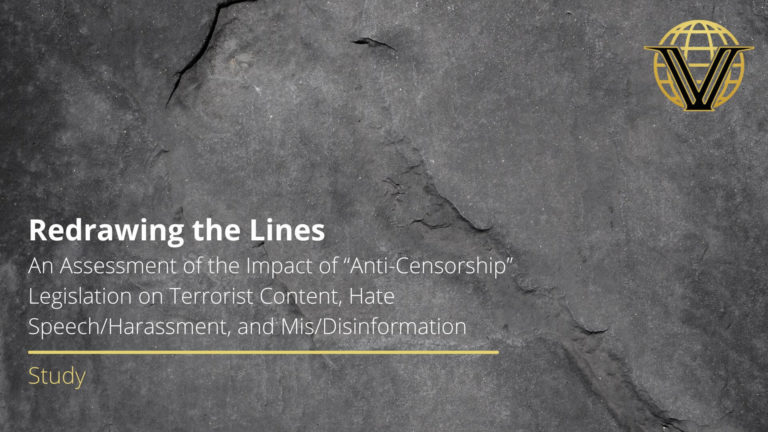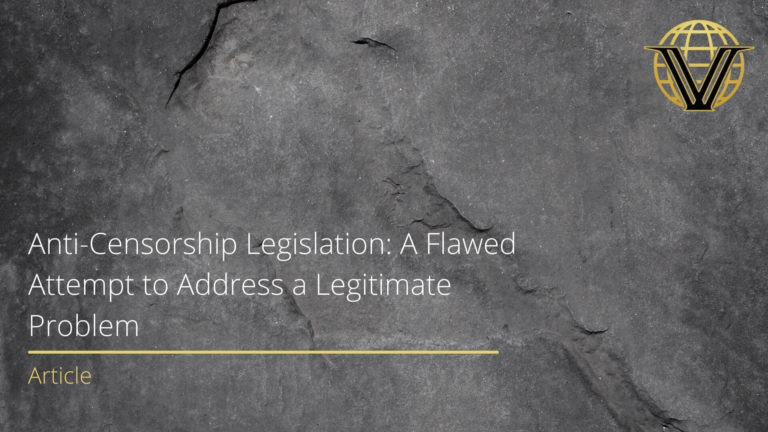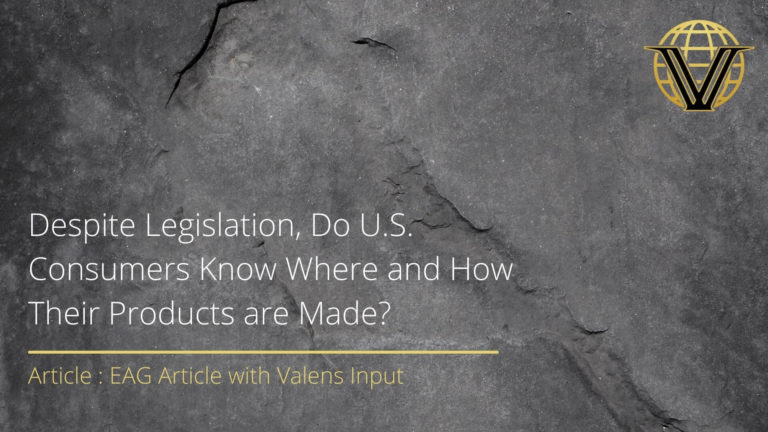Daveed Gartenstein-Ross and Nathaniel Barr
Almost every aspect of the Obama administration’s policy toward Syria has been scrutinized, lambasted or praised in recent months, but one of the most significant facets, the CIA’s covert aid program to Syrian rebels, has largely slipped below the radar.
It is time that we start paying attention, since this initiative is benefiting the very jihadist groups the U.S. has been fighting for the past 15 years.
America’s abrupt about-face is a mistake, but even those who would defend this new course as the least bad option should favor a more robust public debate.
The CIA’s program, launched in 2013, initially was conceived as a way of strengthening moderate rebels fighting Bashar al-Assad’s regime without significantly increasing the U.S. footprint in the conflict.
The program got off to a slow start, with rebel commanders grumbling that the CIA was stingy due to its concern that weapons would fall into extremists’ hands. As a result, moderate rebels were forced at times to ration ammunition. At least one rebel group severed its ties with the CIA and joined an Islamist-led coalition, while other CIA-backed rebels stopped fighting.
After these early hiccups, the program evolved.
Anonymous U.S. officials now tell the media that CIA-backed rebels have begun to experience unprecedented successes, particularly in northwestern Syria. Yet these gains reveal a darker side to the CIA-backed groups’ victories, and even American officials’ framing of these advances provides reason for concern. As the Associated Press reportedin October, officials have explained that the CIA-backed groups were capturing new territory by “fighting alongside more extremist factions.”
Who are these extremist co-belligerents? Analysis of the geography of “moderate” rebels’ gains during this period and reports from the battlefield demonstrate that CIA-backed groups collaborated with Jaysh al-Fateh, an Islamist coalition in which Jabhat al-Nusra—al Qaeda’s official Syrian affiliate—is a leading player.
Hassan Hassan, co-author (with The Daily Beast’s Michael Weiss) of ISIS: Inside the Army of Terror, suggested that rebel gains in Idlib in April 2015 showcased the symmetries between CIA-backed forces and Nusra when he attributed the rebels’ successes to suicide bombers (frequently deployed by Nusra and other jihadists) and “American anti-tank TOW missiles.” In southern Syria, the CIA-backed Southern Frontfought alongside Nusra in the campaign to take the city of Deraa in June 2015.
CIA-backed groups in northwestern Syria publicly acknowledge their relationship with the al Qaeda affiliate. A commander of Fursan ul-Haq, a rebel group that received TOW missiles through CIA channels, explained that “there is something misunderstood by world powers: We have to work with Nusra Front and other groups to fight” both Assad’s regime and the Islamic State.
Similarly, a spokesman for CIA-backed Suqour al-Ghab justified his group’s collaboration with Nusra by noting that “we work with all factions when there are attacks on the regime, either through direct cooperation or just coordinating the movements of troops so we don’t fire at each other.”
The fact that CIA-backed groups collaborate with Nusra does not necessarily prove that they harbor jihadist sympathies, nor that they hoodwinked the American officials who vetted them. In many or perhaps most cases, these groups’ decision to cooperate with Nusra is born out of pragmatism.
When fighting a regime as brutal as Assad’s, it is natural to look for allies wherever they may be found. Further, as one of the dominant players in northern Syria, Nusra can dictate terms to smaller rebel factions. The experiences of Harakat Hazm and the Syrian Revolutionary Front, two CIA-backed groups that Nusra literally obliterated in late 2014, are a stark warning.
Jamaal Maarouf, the commander of the Syrian Revolutionary Front, explained after his group was ousted from Syria that no militia in the rebel umbrella organization known as the Free Syrian Army can operate in northern Syria “without Nusra’s approval.”
Because of Nusra’s strength, CIA-backed factions have entered what has been called a “marriage of necessity” with the jihadist group, which is exploiting its position to gain access to American weapons.
After rebels seized a Syrian military base in Idlib province in December 2014, CIA-backed groups admitted that they had been forced to use U.S.-provided TOW missiles to support the Nusra-led offensive. One rebelexplained that Nusra had allowed CIA-backed groups to retain physical control of the missiles so as to maintain the veneer of autonomy, thus allowing them to sustain their relationship with the CIA. In short, Nusra has at times gamed the system.
But such subterfuge notwithstanding, at this point it is impossible to argue that U.S. officials involved in the CIA’s program cannot discern that Nusra and other extremists have benefited. And despite this, the CIA decided to drastically increase lethal support to vetted rebel factions following the Russian intervention into Syria in late September.
Rebels who previously complained about the CIA’s tight-fistedness suddenly found the floodgates open, particularly with respect to TOW missiles. One rebel explained: “We can get as much as we need and whenever we need them. Just fill in the numbers.” Reportssuggest that the Obama administration and Sunni states backing the opposition have also discussed, though not committed to, providing shoulder-fired anti-aircraft weapons to vetted groups.
With the CIA doubling down on its support for Syrian rebels, it is now more important than ever to have a candid and vigorous public debate about the agency’s program. Put simply, such an about-face in U.S. policy—backing groups that help al Qaeda to make advances, after spending a decade and a half fighting the jihadist group—should not occur without a public debate that helps Americans understand why such drastic changes in U.S. policy have occurred.
Several prominent figures have defended this program. For instance, Robert Ford, the former U.S. ambassador to Syria, argued that by maintaining the supply of lethal support to moderate rebels, the CIA may ultimately be able to build up these factions as a viable alternative to Nusra, the Islamic State and Assad.
But the program’s costs outweigh its possible benefits. Though aiding al Qaeda’s advances is not the program’s intention, it is the effect. Thus, after fighting al Qaeda and its affiliates for a decade and a half, the CIA is now helping them gain ground in Syria.
At the moment, al Qaeda is trying to rebrand itself by contrasting its approach to that of the far more brutal Islamic State—and, unfortunately, it has experienced some success due to its jihadist competitor’s excesses and the escalating conflict between Iran and Saudi Arabia.
Al Qaeda has portrayed itself to Sunni states and the Muslim public as a bulwark against both the Islamic State’s growth and Iranian encroachment. If U.S.-backed rebels are cooperating with al Qaeda, the United States will be hard-pressed to stop al Qaeda from gaining more room to operate in the region.
It is unlikely that the United States, with no meaningful presence in Syria, understands the situation on the ground better than al Qaeda, and can strategically outmaneuver the jihadist group. The danger is too great that continuation of this policy will empower Nusra further, eventually forcing policymakers to confront a greatly emboldened al Qaeda force in Syria.
This is why, at the very least, we should have a robust public discussion about whether to continue this course in Syria—a debate that the U.S. Congress is well positioned to kickstart through public hearings on the CIA’s program. Allowing this program to continue without carefully thinking through the benefits, costs, and possible unintended consequences is incredibly risky, and could erode public trust and support.



